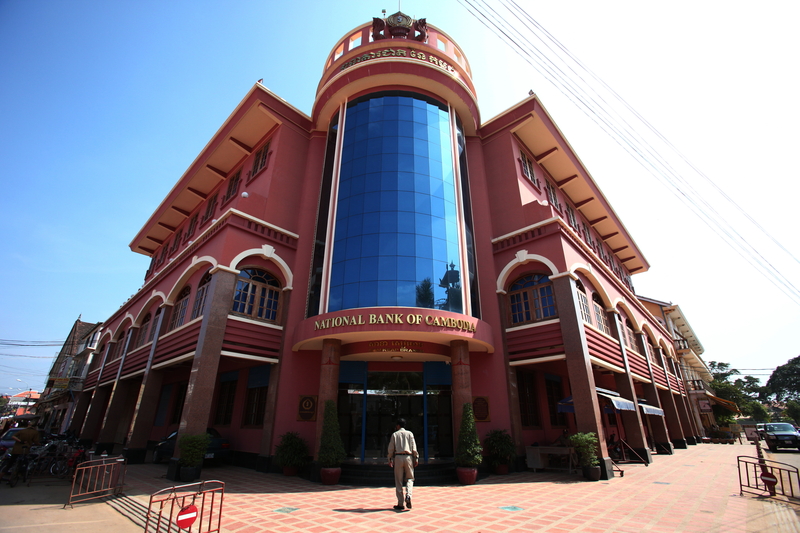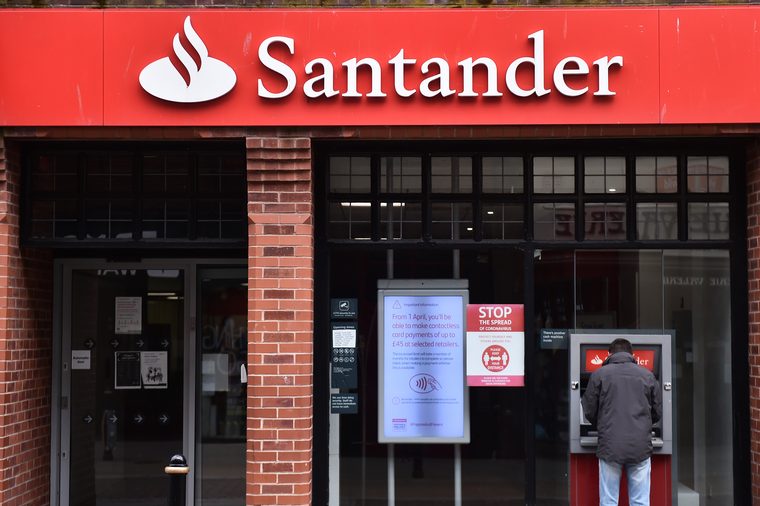Santander, one of the UK’s major high street banks, has said scammers stole more than £18m ($22.98m) from its customers in the first three months of this year.
The bank shared details of its Santander Quarterly Scamtracker, which revealed customers old and young were increasingly falling victim to scams.
Despite the figure showing a 13% decrease on the amount stolen during the previous quarter (Q4, 2025), the bank has warned customers a number of new scamming trends are emerging.
“Impersonation scams, advance fee scams and romance/friendship scams were called out as the top rising scams during Q1 2025, collectively accounting for nearly £3.5 million stolen from customers,” the bank has said.
This is despite Santander’s own research showing more than half of surveyed customers were aware of “romance/friendship scams (63%) and impersonation scams (49%).”
The bank has also shown concern about the fact that only one in five (17%) customers said they were aware of advance fee scams. The category showed the second biggest increase in scam type in the quarterly report.
Purchase scams amounted for more than half of all claims in Q1, 2025, as more than £3.5m ($4.47m) was stolen from customers by methods such as fake gig tickets sales.
Other details
According to the bank’s quarterly figures:
- Claims values are generally down quarter on quarter, but impersonation scams of other organizations which are not banks or the police saw the largest proportionate increase, accounting for nearly 14% (£1.2m/$1.53m) of the total amount stolen. That’s up from 13% in Q4 2024.
- There was a 40% fall in the value of claims as a result of scammers impersonating the police, from more than £1.9m ($2.4m) to just over £1.1m ($1.4m).
- The biggest increase in scams was reported by customers aged 80+, up 7% on the previous quarter, driven by scammers impersonating banks.
- Those aged 18-34 saw an increase of 6% driven by concert ticket purchase scams.
The announcement came in the same week Santander joined hands with some of the UK’s largest financial institutions, telecom companies, and tech giants who agreed to help each other tackle financial fraud and scams by sharing relevant data in real time.
The initiative was launched by the Stop Scams UK coalition, which said in a statement it wants “to drive forward collaborative counter-fraud efforts to protect consumers, build confidence, and drive UK economic growth.”
According to the coalition, fraud is becoming the most common type of crime in the UK and Wales, and amounts for 41% of all crimes across those regions.
In September this year, a new law will come into effect which makes failure to prevent fraud a criminal offence in the UK. The law places new requirements on banks to protect its customers against financial fraud, including scams.
















